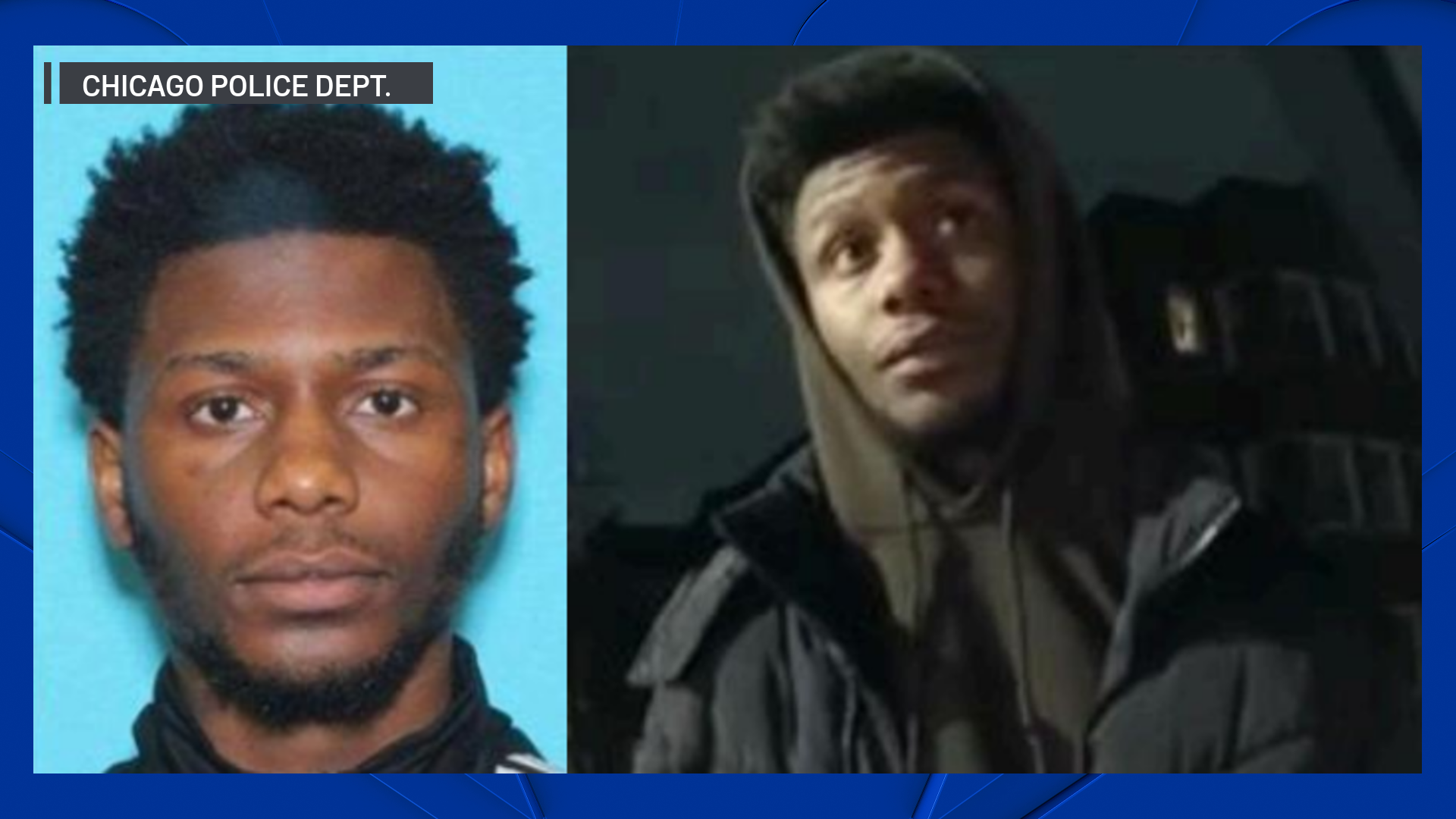An empty swing in a playground -- it's a stark emblem in black-and-white to remind the community of the cost of gun violence.
The photograph is featured on the poster for this year's annual gun buy-back program with the caption, "Don't kill a dream. Save a life."
But the question that city officials don't adequately address in their annual press conferences at these gun turn-ins is this: Do gun buy-back programs actually save kids' lives?
Both Mayor Daley and Police Superintendent Jody Weis say they do, and to some extent, they may be right. This year's program netted more than 4,000 weapons, most of which were handguns. Notably, it also brought in two hand grenades, baffling police as to why their owner had them.
For his part, Mayor Daley supports the gun buyback, but admits that it's not going to solve the problem of gun violence on its own.
"It just can't be, 'This is the simple answer,'" the mayor said Saturday. "There's no simple answer to it."
But those answers are exactly what police and the community are searching for. During last summer's event, a police officer voiced those concerns to CBS2Chicago.
Local
"You can always get the guns," Officer David Montgomery said. "There's the underground market out there. What can you do about it?"
Good point, officer. Another good point, made by the owner of a gun range called Illinois Gun Works: Criminals aren't going to bring in their guns.
Both of these criticisms hit at the heart of gun turn-in and buy-back programs like the one held each year by the city of Chicago.
Those criticisms are supported by the U.S. Department of Justice, which says in a 2004 report that, "guns recovered through buybacks and turn-in campaigns are the least likely to have been involved in crime."
According to the DOJ, these kinds of programs have a moderate cost for their cities, and little benefit other than generating an atmosphere of trust between police and the community.
The U.S. DOJ does support such programs, however, when used as a piece in the policing pie. What the DOJ recommends is a comprehensive gun violence strategy that uses more innovative methods, coupled with more traditional police work.
Innovative strategies, the DOJ says, include going after the illegal gun supply, and working with the community to identify at-risk youth and confiscate their guns before they commit a crime with them.
One such program the DOJ touts is the work of the St. Louis Police Department in the 1990's. Besieged by teen gun violence, a woman at a community meeting demanded of police, “Why don’t you just knock on the door and ask that mother if you can search the house?”
St. Louis police soon implemented a program of asking the community for tips on homes where teens might be hiding illegal guns, and simply knocking on the door and asking parents for permission to search. In return for permission, officers promised to simply confiscate the guns, and not arrest the kids. Instead, they offered the family resources to get the troubled teens some help.
That's right. Police took the guns, but left the kids who'd been hiding them alone. Why would they do something like that? The answer, they say, is that their goal was to prevent gun deaths, and nothing more.
And it worked. Fully 98 percent of parents who were asked for permission allowed cops to search their homes. Some worried parents even asked the cops to come back whenever they wanted and search again. In its first year-and-a-half, the program pulled more than 500 guns right out of kids' hands.
The program ultimately failed, however, when it lost support within the police department and then the trust of the community. But it does shine a light in troubled times as a possibility of a true community-police partnership that could save some kids' lives.
The mayor said Saturday the city does plan more innovative strategies this year, including more after-school programs to keep kids busy and hopefully out of trouble.
The mayor even called out for community support to fight the violence in a way that seems similar to what was done in St. Louis.
"Let's all sit down and look at one another, look in the mirror and say, 'I can help my child, or that child next door that needs guidance,'" he said.
Superintendent Weis on Saturday also reiterated his push to end the "code of silence" that results in people with information about crimes not coming forward.
"We can't police our way solely out of this problem. We need your help," Weis said. "If we can just have people come forward ... We've got to take these guns out of the hands of our young people."



